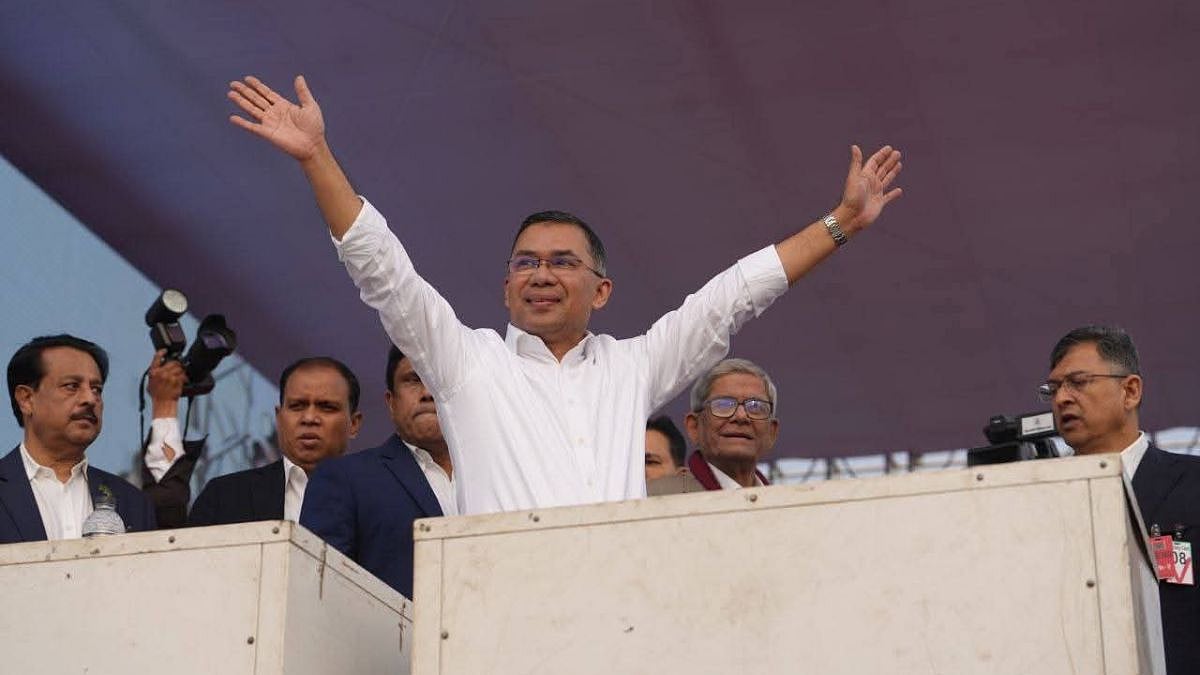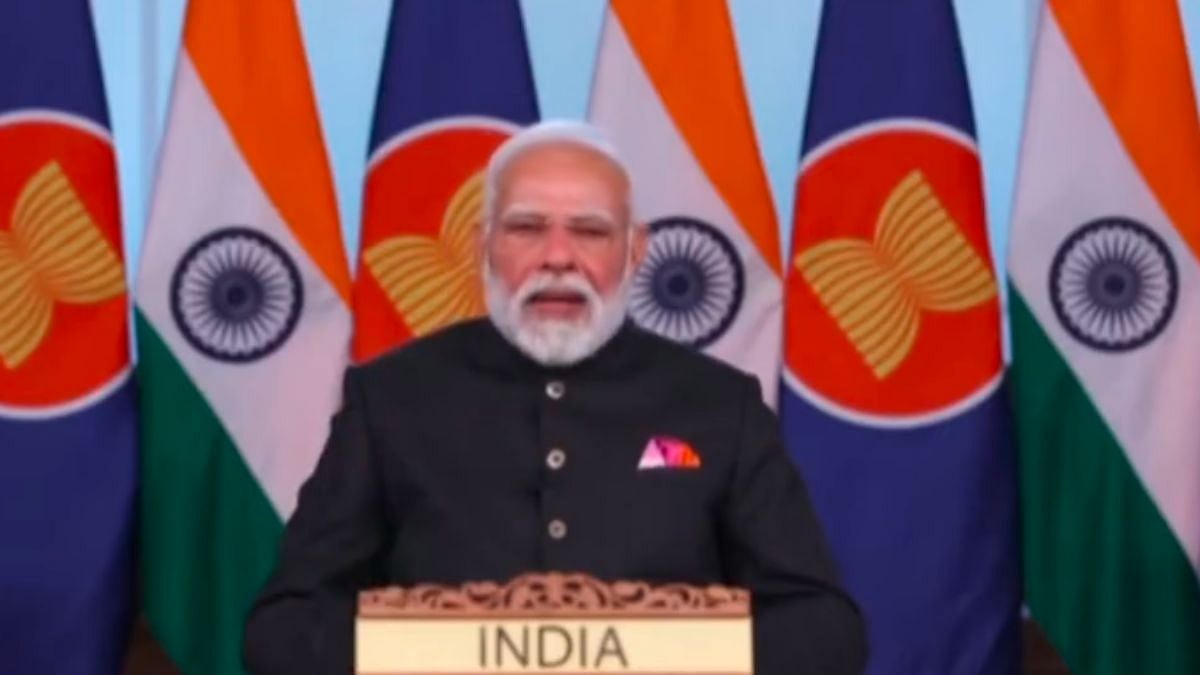The recent airline fracas reflects one thing for sure, which is that customers do not really matter. While there are explanations as to why the airlines are as helpless as the passengers, it is unfortunate that it had to take the unpardonable behaviour of one passenger to actually get the ministry to address an issue that should have already had a standard operating process (SOP) in place for a seasonal contingency.
If one looks at the travails of customers in almost all segments, one can sense this feeling of apathy. Let us look at banking. There is a regulation that asks banks to do a periodic KYC of all deposit-holders. There is evidently a rationale for the same — to ensure that the customers are still banking with the bank as there has been a piling up of unclaimed deposits. But banks insist that customers should fill in forms with photos attached and submit self-attested Aadhar and PAN cards. Now this is odd since these two documents never change unless one has consciously changed the address. This involves customers going to the branches to do the KYC which is inconvenient especially when nothing has changed. In fact, when the address changes, it pays the customer to notify the same to the bank as it is in her interest. A simpler way would be to take a default no-change in KYC as being given with customers being told to provide documents in case things have changed. For online customers, there can be a clear marking once one enters the site to confirm the address.
The same holds for the stock market regulator asking for a mandatory nominee to be named or opting out. Here too mutual fund holders had a harrowing time figuring out their status with the threat of not being allowed to deal with the folio lingering. One ended up filling forms as online compliance had other conditions when the account was a joint one. A simpler thing would have been to take the customers’ details from the mutual fund and treat that as a default nomination (or no nomination) and then let the customer ask for a change. It is interesting that customers could also opt out of nomination, in which case insisting on everyone saying a yes or no looked out of place. Given that mutual funds holders have several portfolios linking the details of the nomination to broker or trading or demat account would have been simpler.
The agony for citizens does not end here. The recent decision of the government to make a KYC for Fastag borders on the ridiculous. Using cash was time consuming and replaced by the Fastag. The identity of the person was irrelevant as there are no financial implications in terms of black money or audit trail as the amount involved is insignificant. The objective of the government is to earn a revenue which happened irrespective of how many Fastags were linked to a vehicle. Now, the onus is on citizens to comply with the KYC with the threat of being blocked hanging. Clearly there should have been serious thinking of this measure. In fact, with the government already working on abolishing the Fastag with vehicles being charged for the distance travelled and the number plates being gradually changed to chip-based ones, this KYC step smells of irrationality. It is as ridiculous as saying that anyone booking an entertainment ticket should have a KYC in place!
One can recollect the order being passed almost two decades ago that all vehicles had to change the number plates of their vehicles to white with the number written in black. The threat was again there that non-compliance would mean being fined by the police authority. More recently the rear seat belt was made mandatory after the accident of high profile persons on the road. The absurdity here is that public taxis and autos are exempt when they are the ones ferrying the public and run often decrepit vehicles that are unstable. In all cases citizens are made to go through harrowing times with the threat of penalty always accompanying them.
The system of getting a passport renewal borders on the hilarious. The passport is used to get an Aadhar card. Once procured, the Aadhar card has to be shown for a passport renewal. The police verification, which is an avenue for the cops to take money from the customer at home, again asks for the Aadhar before signing off. Can this not be an automatic process?
These are the travails of citizens when dealing with rudimentary services. Hence when there is a lot of noise on the new airport in Navi Mumbai, it can lead to trepidation for air passengers. In most countries where airports are located 50 km or more from the city, there is a rapid transit metro/rail system to move people in less than 30 minutes. But in India little consideration is paid to connectivity. Hence the metro system in Mumbai faces challenges of how passengers move to their destination once out of the station. This will be ominous for the new airport which has absolutely no metro connectivity to the rest of the city. This will make it cumbersome for passengers to travel to and from the airport which will involve a lot of time and money.
The major takeaway is that citizens as customers are always put to a lot of inconvenience by some authority or the other. There is always a justification for the rule, but somewhere along the way the implementation is tardy and lacks empathy. The assumption is that the customer or citizen has to comply or face the consequences. This form of governance needs to change and policies thought through more carefully.
The author is Chief Economist, Bank of Baroda and author of ‘Corporate Quirks: The Darker Side of the Sun’. Views are personal









